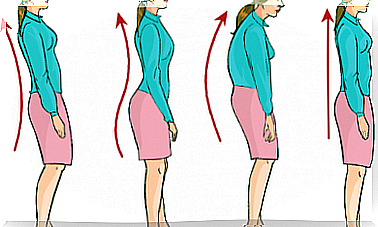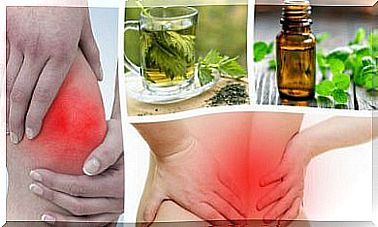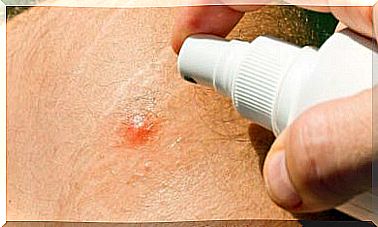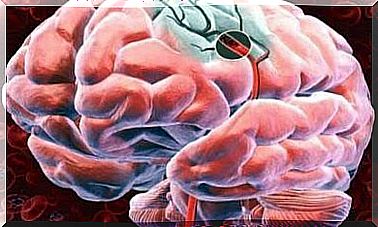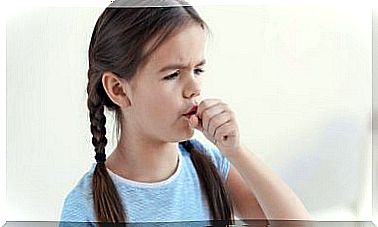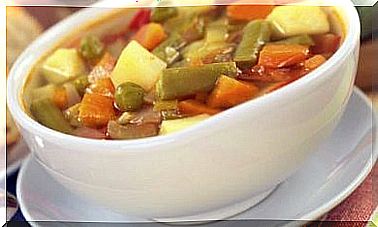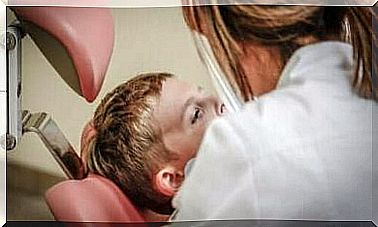5 Fake News About Food
In recent years, numerous fake news about food have been spread. Some attribute miraculous properties to foods; others are exaggeratedly alarming. Here’s what you really should know.

The flood of information that overwhelms us today thanks to the Internet and social networks ensures that fake news about food is already normal. Nutrition accounts for more than half (54%) of all fake news. This is what doctors report who took part in a study on health fraud.
The news is either too good or too bad. Sometimes one food suddenly becomes the miracle cure and is supposed to replace the entire diet. Today we’re shedding light on 5 fake food news you should know.
Fake news about food
A Nutrition Today publication suggests that educational work should be done to help consumers identify scientific misinformation about nutrition.
So each of us should act more consciously and be careful with claims about “diets”, “miracle foods”, “alarming messages” and the like. Let’s take a look at some of the widespread fake news we could find about food.
1. Does burnt toast lead to cancer?
Acrylamide, a compound that the International Association of Cancer Registries classifies as likely carcinogenic to humans, is found in burnt bread, among other things.
For this substance to be produced, the food must contain reducing sugars and amino acids (mainly asparagine) and be exposed to temperatures above 120 ° C.
But this is true not only for bread but also for the heating of potatoes, croquettes, etc pastries, coffee, cereals. In 2015, the European Food Safety Authority expressed concern about the level of acrylamide levels in food.
However, while high amounts must be consumed to speak of a health risk, it is advisable to avoid acrylamide whenever possible. These foods should not be heated above 170ºC and if the color is almost black, then we advise against consumption.
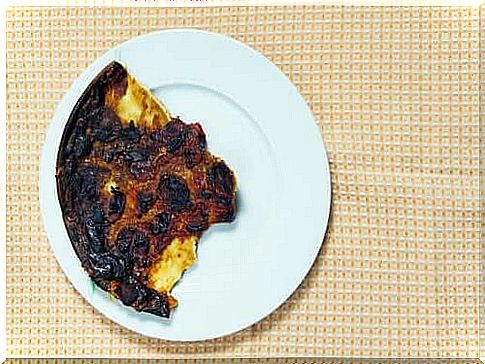
2. Can I drink whole milk while on a diet?
Up until a few years ago, it was advisable to opt for skimmed milk when dieting because you wanted to reduce the amount of calories and fat without considering other aspects of the diet.
However, current scientific evidence seems to contradict this trend, as we can read in this article in the American Journal of Clinical Nutrition.
The European Charter to Combat Obesity (Obesity) advises, among other things, to drink whole milk instead of low-fat whole milk when dieting.
3. Does water with lemon have a cleansing effect?
This is more fake news about food . Absolutely wrong. It has no cleaning effect. We have three organs in the body that are responsible for cleansing: the liver, the kidney and the lungs.
The lemon is rich in citric acid, an antioxidant that acts as a pH buffer. That is why this false belief could have arisen. There is no food that has a cleansing effect!
4. Fake news about food: does fruit make us fat after eating?
The calorie content of all types of fruit is different. However, the calorie intake of a fruit is always the same, regardless of whether it is eaten before, during or after a meal. There is no scientific evidence that the caloric intake of a fruit can vary depending on the time of day.
But there is even evidence that high consumption of fruits and vegetables makes losing weight and maintaining weight a lot easier, as this article shows. One of the reasons for this is that the increased consumption of fruit and vegetables increases the feeling of satiety.

5. Do five meals a day stimulate your metabolism?
How do you get this idea? Since one consumes energy when eating in order to be able to digest and break down the food into all its components, this could stimulate the metabolism. It is the so-called thermogenic effect of food.
However, it turned out that the calories consumed in digestion are more or less proportional to the volume of food consumed and the type of macronutrients. In other words, if we eat 2,000 calories in a day on a diet, it doesn’t matter whether we split it into 3 or 5 meals. Because the thermogenic effect will be exactly the same.
A study was published in The Journal of Nutrition in which the authors concluded that there was no solid scientific evidence that multiple meals were beneficial for weight loss.
Food fake news: final note
There is a lot of fake news about food and nutrition. It is therefore advisable to discuss particularly difficult problems with the nutritionist. This is the only way we do not fall for the many fake news on the Internet and do not endanger our health.
